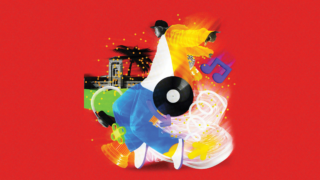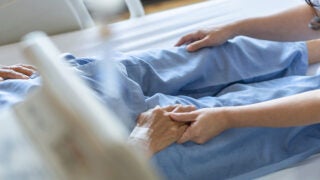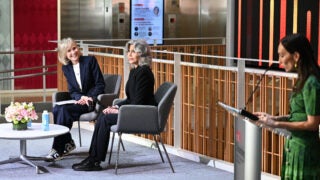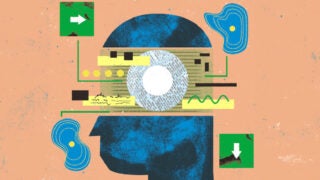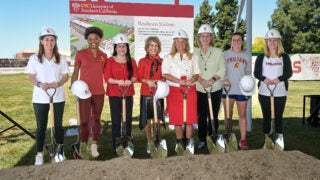USC computer scientists are developing language technologies that could potentially identify who wrote anonymous text.
Moonshots
News Listing
EARTH MONTH: Representatives of the USC Office of Sustainability spoke with students about what’s been done, what’s in the works and what needs to happen to create a greener university.
EARTH MONTH: USC Dornsife’s Wrigley Institute for Environment and Sustainability will use the Ballmer Group gift to study decarbonization strategies
Some of the foremost innovators in hip-hop are part of the Trojan Family. USC artists and scholars look back on 50 years of the art form – and forward to its future evolution.
USC-led study leverages artificial intelligence to predict risk of bedsores in hospitalized patients
The study presents a new model for predicting patients most at risk of bedsores in hospitals.
EARTH MONTH: The two-time Oscar winner inspired students during a wide-ranging conversation with USC Annenberg Dean Willow Bay.
Housed under the new USC School of Advanced Computing, the center aims to advance responsible AI for financial services
USC Rossier faculty members aim to instill curiosity and inquiry in students as they grapple with and integrate artificial intelligence in their classrooms.
The new home of USC women’s soccer and lacrosse will open next year.
USC researchers are exploring the impact of prompt design on the performance of large language models like ChatGPT.




